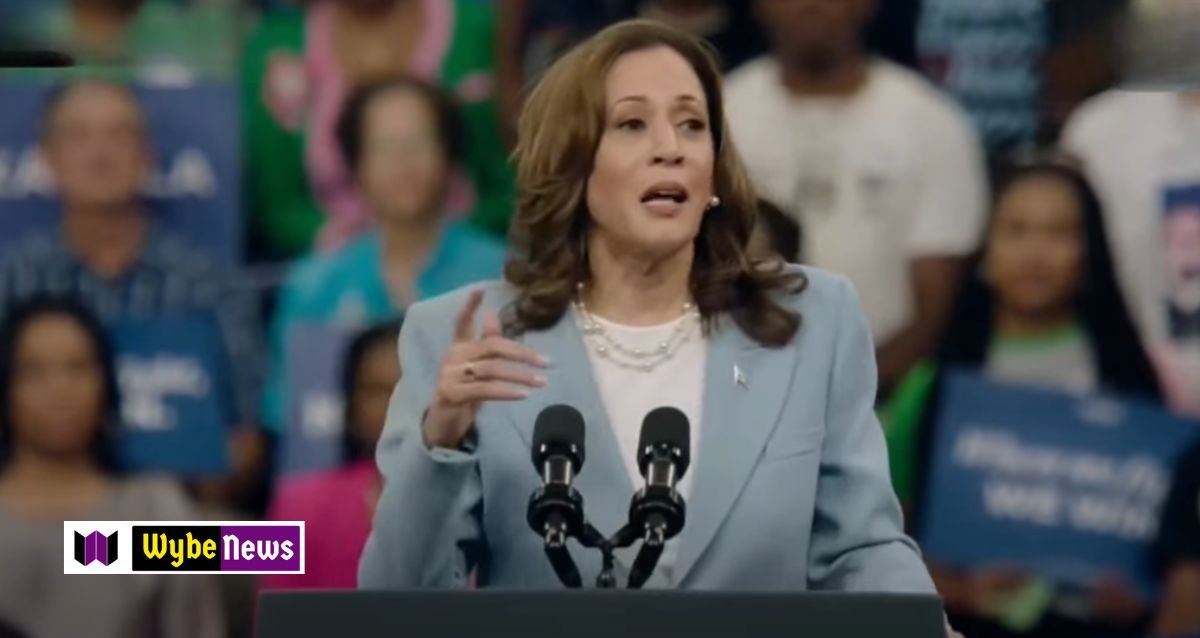Decoding India’s State Elections: Modi’s Enduring Appeal, Congress’ Dilemma, and Lessons for the Opposition

At the conclusion of his second term in office, Narendra Modi’s political power appears to have reached new heights, indicating that he has risen to new heights. According to the findings, his attractiveness and popularity have greatly increased since 2014, which has provided him with a large amount of momentum as the front-runner for the general elections that are scheduled to take place in 2024.
A significant tendency arises with the BJP gaining popularity without denting the Congress party.
This is an example of the two-way polarisation that the BJP experience. In light of this, it is evident that there is a significant polarisation in both directions, with voters who are dissatisfied with smaller regional and caste-based parties migrating towards the BJP.
Hindutva did not play a significant role in the campaign.
The Bharatiya Janata Party (BJP) did not make Hindutva a prominent issue in their campaign. This would imply that Hindutva and nationalism are now a part of the background narrative, which means that they are always present but do not dominate the forefront conversations that take place in political discourse.
Rejection of the Old Pension Scheme
The fact that the people did not accept the pledge to reinstate the old pension scheme for government employees is an important takeaway from the election. The fact that the Congress was unable to gain victories in which this pledge played a significant role highlights a shift in the priorities of voters.
The stagnation of Congress:
Despite the fact that it has maintained its vote share from 2018, the Congress party is stuck in a difficult situation. A difficulty for the Congress is highlighted by the rise of the Bharatiya Janata Party (BJP) in Madhya Pradesh and Rajasthan. The Congress is not struggling with the loss of its base, but rather with the incapacity to extend it.
Worries about the viability of the opposition alliance
Despite the fact that the Congress may be celebrating its resurgence in Telangana, the fact that it has been unable to compete with the Bharatiya Janata Party (BJP), particularly in the Hindi Heartland, raises worries about the viability of the opposition alliance and the Congress’s place within it.
Challenges to Welfarism
The concept that welfare-centric policies and freebies are the solution to the BJP’s narrative has been met with a setback. For the Congress to be able to deliver a challenge that is credible, it is necessary for them to have an alternative agenda that goes beyond transactional politics.
Strong Organisation of the BJP
The strength of the BJP’s organisation, particularly in the Hindi Heartland, stands out as a significant feature that makes it potentially powerful. A level of coherence and leadership that is frequently lacking in the party’s competitors is demonstrated by the party’s ability to bring together adversaries from different states.
Ineffectiveness of Identity Politics:
The findings provide credence to the idea that identity politics cannot be considered sufficient to defeat the BJP on its own. It turns out that magical remedies, such as those based on caste, are not helpful in combating the expanding appeal of the party that is currently in power.
Corruption Charges and Personal assaults:
Attempts to challenge Modi on corruption charges or personal assaults have not resonated with voters. Neither of these challenges has been successful. These kinds of campaigns, on the other hand, appear to strengthen Modi’s support base rather than weaken it.
As a conclusion, as India contemplates the repercussions of these state elections, the landscape appears to be changed by Modi’s persistent popularity, the strategic obstacles faced by the Congress, and the shifting dynamics within the public sphere of politics. The lessons that were learnt are likely to have repercussions as the nation draws closer to the crucial general elections that will take place in 2024.






